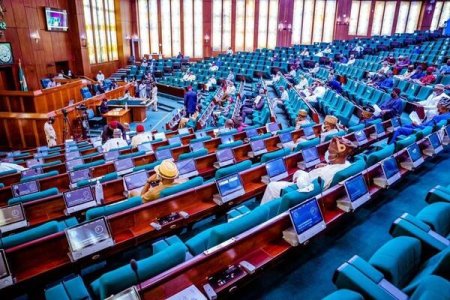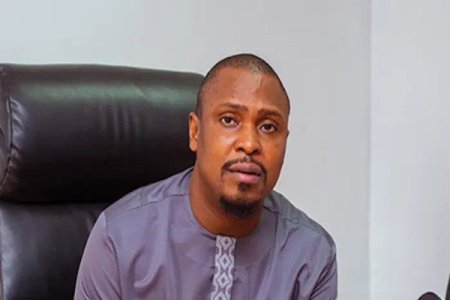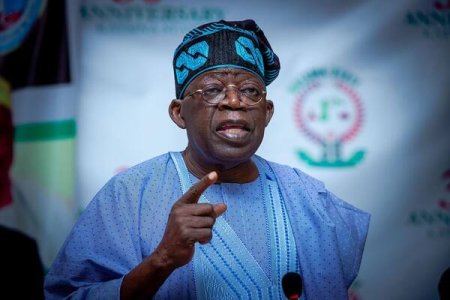
Nigeria's House of Representatives has advanced a bill to establish the Office of the Prime Minister as head of government while the President remains head of state. This constitutional amendment, among 32 others, aims to reshape governance, sparking debate on executive accountability and political stability in the country.
Nigeria's House of Representatives has taken a significant step toward reshaping the country's governance structure by advancing a bill that proposes the creation of the Office of the Prime Minister. If enacted, this change would designate the Prime Minister as the head of government, while the President would remain the head of state.
The bill, which recently passed its second reading, is part of a broader constitutional review effort that includes 32 amendment proposals. Among these is a provision to allocate reserved seats for women in both the National Assembly and state legislatures, a move aimed at promoting gender inclusion in politics.
Additionally, lawmakers are considering amendments to streamline the resolution of pre-election disputes by establishing pre-election tribunals and shortening the timeline for such cases. Other proposed changes include modifying the eligibility requirements for presidential and gubernatorial candidates, as well as reviewing the electoral significance of the Federal Capital Territory in presidential elections.
Further proposals under consideration involve the potential creation of new states—Wan State and Gobir State—reflecting ongoing efforts to restructure Nigeria’s political landscape.
If the bill establishing the Prime Minister’s role moves forward, it could mark a historic shift in Nigeria’s governance model, potentially altering the balance of executive power. While the initiative has sparked debate, its progression signals a growing call for political reform aimed at enhancing accountability and administrative efficiency.
With over 100 constitutional amendments under review, Nigeria’s lawmakers are set to shape the country’s future governance framework in the coming months.


![[VIDEO] ‘Unacceptable in Igbo Land’ – Sen. Nwaebonyi Condemns Ezekwesili’s ‘Shut Up’ Remark](/data/attachments/214/214966-6396ae170755653bbaed412e0a193f6a.jpg?hash=mlXM5nb9yM)
